- Casino
- By State
- Alabama
- Alaska
- Arizona
- Arkansas
- California
- Colorado
- Connecticut
- Delaware
- Georgia
- Florida
- Hawaii
- Idaho
- Illinois
- Indiana
- Iowa
- Kansas
- Kentucky
- Louisiana
- Maine
- Massachusetts
- Maryland
- Michigan
- Minnesota
- Mississippi
- Missouri
- Montana
- Nebraska
- Nevada
- New Hampshire
- New Jersey
- New Mexico
- New York
- North Carolina
- North Dakota
- Ohio
- Oklahoma
- Oregon
- Pennsylvania
- Rhode Island
- South Carolina
- South Dakota
- Tennessee
- Texas
- Utah
- Vermont
- Virginia
- Washington
- West Virginia
- Wisconsin
- Wyoming
- By State
- Slots
- Poker
- Sports
- Esports
- Home
- 8 DND Gambling Games to Feature in Your Next Campaign
8 DND Gambling Games to Feature in Your Next Campaign

Spicing up your Dungeons and Dragons campaign with a sudden twist of faith is precisely what the game is all about. Whether this comes through the roll of a die or a clever story plot, DND fans love to be amazed. Well, what better way to add that wow factor to your next sit-down with friends than featuring some DND gambling games in the midst of your epic adventure?
Tavern games are quite popular in this tabletop role-playing game, and whether you are a new or experienced player, it’s always fun to add to the immersion of your campaign and treat your character as someone who deserves to unwind in the local watering hole.
When players are looking for DND gambling games, they want the works. The games should be straightforward to play, with a potential depth of the gameplay, but ultimately, whatever mechanic executes the game should give the casino a slight edge.
DND Gambling Games: Reddit’s Pick
We have scoured the best communities to bring you a comprehensive list of all DND gambling games there are, and here you will find some admittedly simple but still engaging picks that add to your campaign’s excitement in more than a single way. The following are some of the best minigames related to gambling we know you will appreciate.
#1 Hand of Fate
- Suggested buy-in: 50 gold pieces
Played similarly to Texas Hold ’em casino poker, this DND gambling game has its own flop, turn, and river. The premise of Hand of Fate is very simple. Each participating player pays 50 GP to join the pot, although bets may be adjusted based on group preferences.
Then, a player rolls 1d12 die and keeps it secret from his or her fellow players. Each player can then choose to fold and forfeit their bet, call the bet or raise the bet if they feel confident in their roll. After that, a d12 die is rolled that becomes a community dice that everyone can see.
After the roll, players can again call, raise or fold their bets as they see fit. Once this round is finished, another d12 die is rolled, so players now have two community dice. This is the part where players have a final chance to adjust their bets before they have to reveal their own dice.
The winning condition is simple. The player with the highest combined value of his or her own die and the community dice wins 80% of the pot, and the other 20% is contributed to the casino.
We believe that adding the result of the community die to all players’ rolls somewhat defeats its purpose, as pointed out by our readers. What we suggest is rolling a separate open d12 die for each player instead of using a single community die. This way all players will have one die that is visible to all players and two that remain hidden, adding an element of guesswork to the game.
One of our followers suggested another homebrew solution to spice up the game. Their version keeps the community die in the game but provides bonus points to players if one or both of their hidden dice match the community die.
Depending on how volatile you wish the game to be, you may set a different bonus for matching a die with the community die. What our fan suggested is doubling the result of both die – this way if you roll a 5 when the community die is set to 5, you get 20 points. Alternatively, you can double the result of only one of the dice or set a flat bonus for matching a die with the community die.
#2 Twenty-One
- Suggested buy-in: 25 gold pieces
Another great addition to the possible DND minigames you can try, Twenty-one, is modeled after another real-world popular option, blackjack. In fact, the original name of blackjack was Twenty-one, only in French. It was later changed to blackjack in the United States.
In any event, the basic mechanic of the game applies nicely to dice gameplay. Here is how it works in Dungeons and Dragons. A player will roll 2d10 dice. The dealer will do the same, but only if the dice will be publicly revealed.
Players and the dealer then have the option to roll as many additional dice as they see fit. However, there is a catch. You cannot exceed 21 as the sum total of your dice, or you lose the game automatically.
If a dealer rolls a natural 21 from the start, the player(s) loses. If a player rolls 21, the dealer loses. In the case of ties, the winnings are split. Note that all die sides keep their face value except for the 1, which will be treated as both 1 and 11, depending on what you need at the moment of your roll.
If both you and the dealer have 21, you get a 1:1 payout from your bet. If your roll places you over 21, you bust, and your bets are immediately forfeited. Players win all other bets at a payout of 3:2.
#3 Liar’s Dice
- Suggested buy-in: 10 gold pieces
Another Reddit suggestion is, of course, the Liar’s Dice. All participating players will roll 5d6 dice and keep their roll hidden from the prying eyes of their fellow travelers. Now, this is where it gets interesting. Each turn, a player gets to bid on a face value, and the number equal to the number of dice showing that face value.
Now, when a player’s turn comes after another, they can either challenge the previous player’s bid or make an even higher bid. If you want to raise a bid, you should go higher in terms of dice quantity or face value, or even both if you think you know something that your fellow players.
Once a bid is challenged, all dice are revealed. The winning condition is sorted out by whoever guessed correctly. If the bid is true, the bidder wins, but if the bid is false, then the challenger wins, and the bidder is eliminated.
#4 Tymora’s Spinner
- Suggested buy-in: 10 gold pieces
Tymora’s Spinner shares a lot of similarities with roulette, and as far as DND gambling games go, it’s a simple and entertaining option. Offering a small buy-in, which is always adjustable anyway, players compete to guess either the exact number of a single d20 rolled by the dealer or to guess whether the result would be odd or even.
Once the dealer has rolled, all bets are settled. A player who has guessed the exact number wins triple the original amount they have staked, and anyone who guesses the odd or even outcome will get a 1.5 payout. Loser bets are contributed to the casino’s pot.
#5 Gyp
- Suggested buy-in: 5 gold pieces
Then there is Gyp. The game is pretty straightforward, so you won’t have to go through difficult or ambiguous rules of any sort. A player simply rolls 2d6 dice, and if they hit 7 or 12, they win. They can double their bet and add another 1d6 to the total. The payout here is 3:2 for winning roles, but if you fail to produce 7 or 12, your bet is automatically forfeited.
#6 Gambit of Ord
- Suggested buy-in: 50 gold pieces
The Gambit of Ord is another gambling game set in the DND universe that is worth exploring. Each card player rolls 1d8 and keeps the score hidden. A player can then raise, call or fold a bet. Once all bets are equal, each player will roll an additional 1d6 dice and keep it secret as well.
The betting round restarts and players have a chance to raise, call or fold their bets once again. Then, whoever is left will add another 1d4 die to their rolls and repeat the betting process. Once that is done, whoever is left reveals their dice, and the winner takes 80% of the pot.
Actually, Gambit of Ord is very similar to Hand of Fate, but the difference here is that players test their own luck of the die and do not feature any community dice.
#7 Run of Luck
- Suggested buy-in: 25 gold pieces
Who wouldn’t enjoy giant lizard races? Well, in the world of Dungeon and Dragons, you can tame almost any creature, no matter whether it’s a noble steed or a giant cold-blooded lizard! But what should you do once you have the lizards? Race them, of course, and put a flutter on each one!
The game of Quon a Drensal is an age-old traditional game of Marquet, or so we are told, and in the game, you get to race lizards in separate tracks. To advance the lizards in their respective track, all you need to do is roll 1d4 three times and hope that fate will place your lizard the farthest out in the track.
#8 Three Dragon Ante
- Suggested buy-in: 50 gold pieces
Three Dragon Ante is not a game you can set up with some dice and odd cards. The game was released by Wizards of the Coast, and it is styled as a stand-alone game. However, players who own a set of cards can actually use it to gamble against each other and play it as a fantasy-style tavern poker.
At the beginning of the game, each player must cover a basic bet, and then cards are played throughout the game. If a dragon with a bigger value is produced, it triggers its special ability that allows a player to draw more cards or steal money. Each round is about winning gambits.
The end-game here is to make sure you have emptied your opponents’ hoard by acquiring all of their gold pieces. Since this game is a little more complicated, we strongly recommend reading the full rules on Three Dagon Ante’s dedicated Wikipedia page.
Gambling in DND Overview
Gambling games are clearly quite interesting in a Dungeons and Dragons campaign, and while they shouldn’t be the priority of your next sit-down, you can probably imagine a few scenarios where all the monster-slaying gets a little old, and you crave to just kick back at your local tavern. Thanks to the DND gambling games listed here, you have a way to have quite a bit of fun outside the main storyline.
Related Topics:
After finishing her master's in publishing and writing, Melanie began her career as an online editor for a large gaming blog and has now transitioned over towards the iGaming industry. She helps to ensure that our news pieces are written to the highest standard possible under the guidance of senior management.
Must Read
Legal
November 17, 2019
Philippine Gaming Operators Involved in Prostitution Ring
Casino
October 7, 2019
Haven Gaming to Build Danville Casino in IL
Casino
October 6, 2019
MGM To Pay $735M as Part of Settlement for Las Vegas Shooting
Casino
September 28, 2019
Swiss Casinos Group Partners with Playtech
Sports
September 27, 2019
Mobile Sports Betting Finally Coming to Indiana
More Articles














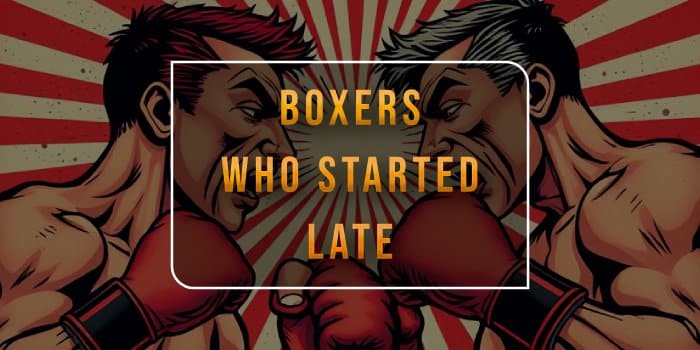
December 3, 2024
Boxers Who Started Late and Became Champions
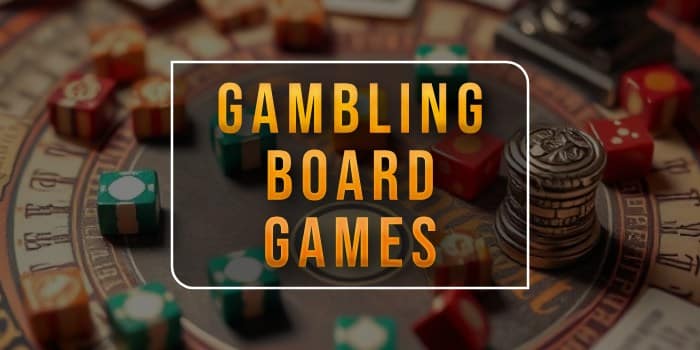
November 19, 2024
Best Gambling Board Games
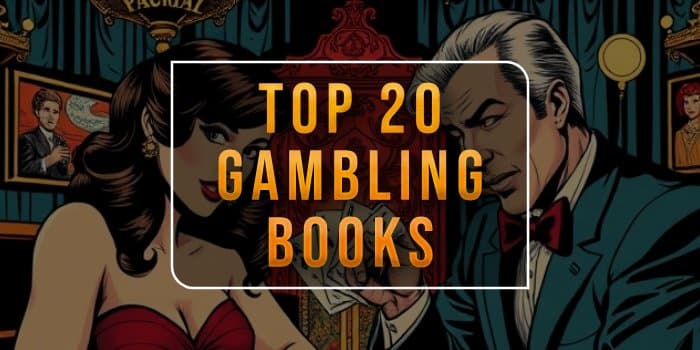
October 25, 2024
Top 20 Books About Gambling
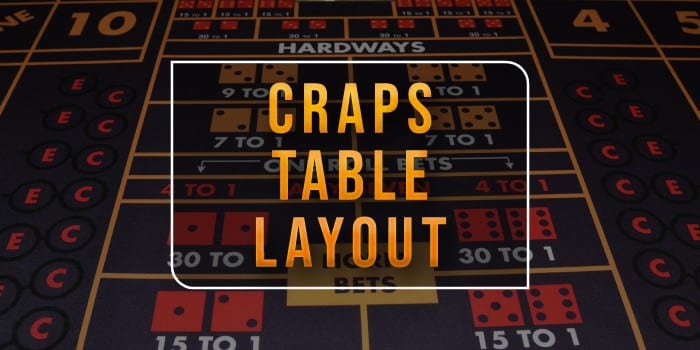
October 23, 2024
Craps Table Layout

Casino
October 21, 2024
Megabucks Slot Machines
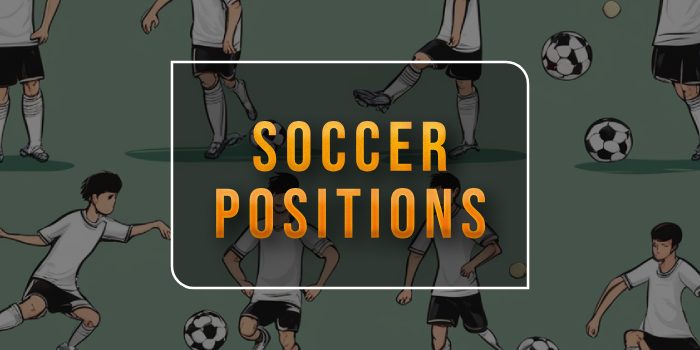
September 30, 2024
What Soccer Positions Are There and How They Work

September 27, 2024
The Best Arcades in Las Vegas
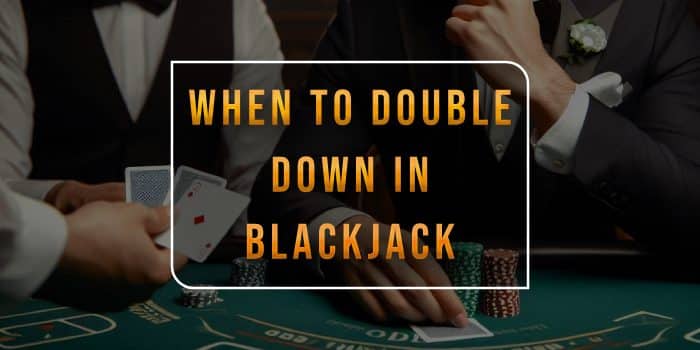
September 26, 2024
When to Double Down in Blackjack

September 24, 2024
Best Offshore Sportsbooks and Betting Sites

September 22, 2024
League of Legends World Championship: Odds, Tips & Predictions
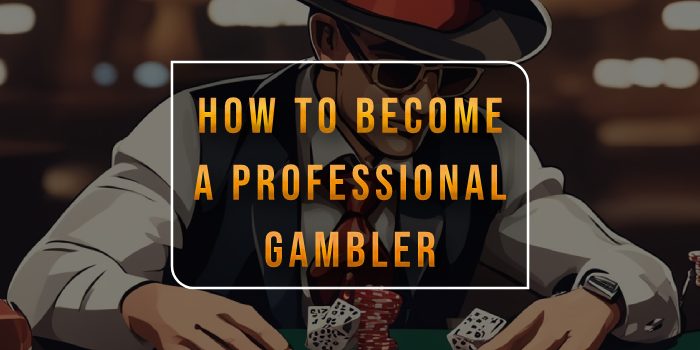
September 19, 2024
How to Become Professional Gambler
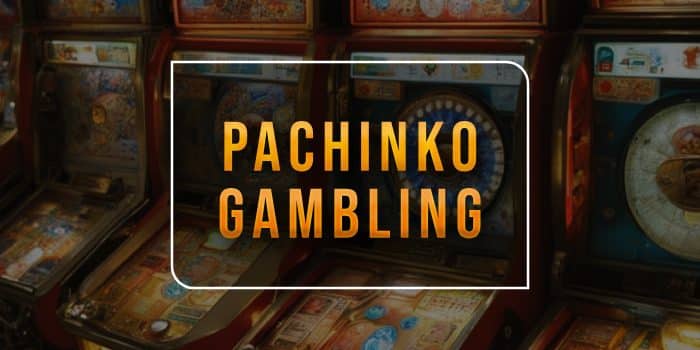
September 17, 2024
What Is a Pachinko Game Machine?
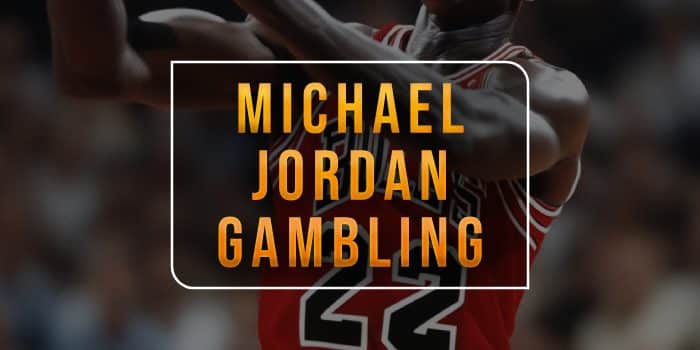
September 16, 2024
Michael Jordan Gambling: The Good, the Bad, and the Ugly
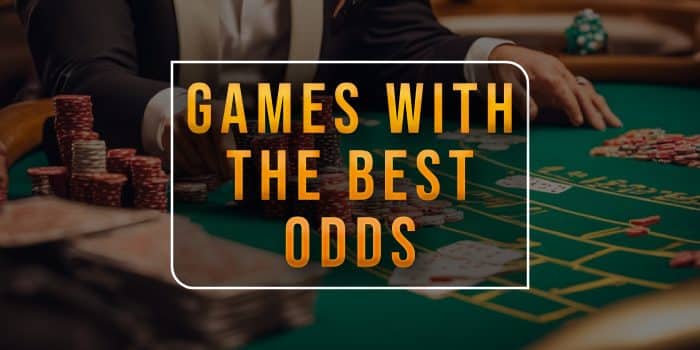
September 13, 2024
Best Odds in Vegas – Which Game Is Superior?




7 Comments
Planning to create an Open World TTRPG, your blog and especially this article helped me a lot,
Thank you Melanie
My Aarakocran Clerics gambling addiction is about to get so much worse.
Thanks for this! Ran a game of Twenty-One in lasts night session and it worked perfectly.
I love the article, but Hand of Fate seems almost pointless. If I follow the rules properly, it really just comes down to whoever has the highest initial roll, and the community dice have no true impact on the outcome. Am I missing something?
You’re correct. It is the same as having everyone roll a dice then giving everyone a +20 then asking who has the most. I did a spin-off of it where the players need to use their roll, and the 3 community dice in order to make Pairs, three of a kinds, or four of a kind. It is still really dodgy and usually comes down to whoever may have rolled the highest. But it made the game more fun to bet with.
Yes you are correct. However I am modifying it so that if you have a dice that matches a community dice the values of both are doubled. So if you roll a 5 and there is a community 5 it would double the value of both so the two dice would be worth twenty. Makes it more interesting and the betting can be a little wild if someone has a double and then the next community dice could fall in the favor of someone else.
This was a fantastic read! I love the idea of incorporating gambling games into DND sessions to add an extra layer of excitement. The suggestions you provided are super creative, and I can’t wait to try them out with my group. Especially intrigued by the “Dragon Dice” game—sounds like it could lead to some epic moments at the table! Thanks for sharing these ideas!